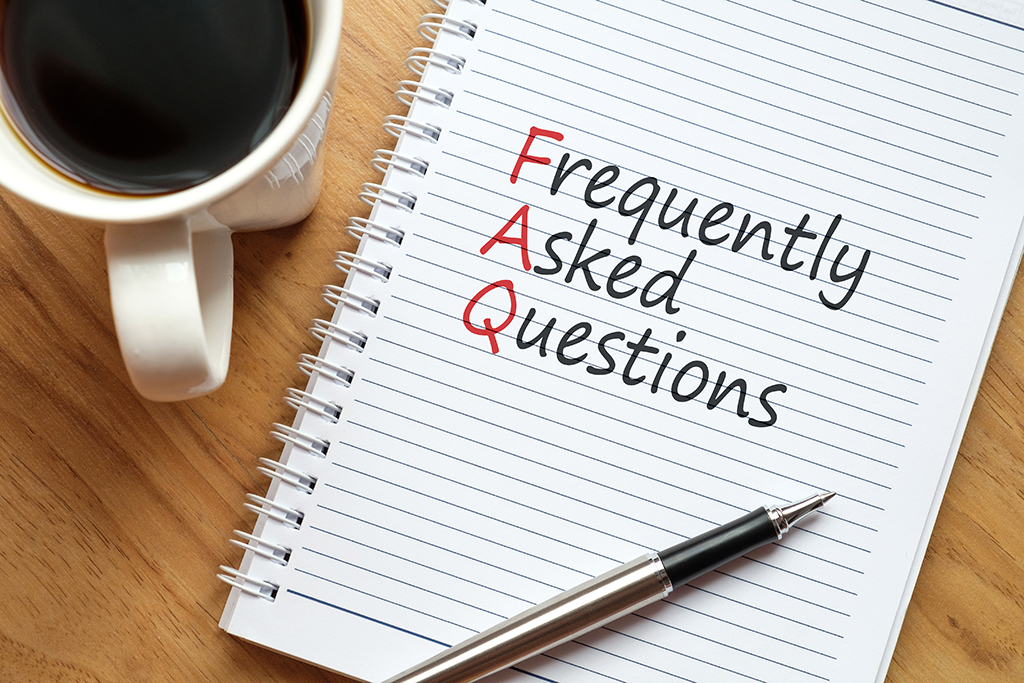
Post-Operative Oral Surgery FAQs From Your Oral Surgeon | Plano, TX
Photo By kenary820 at Shutterstock
If you have an upcoming surgery for dental implants or wisdom teeth, you may wonder what to expect following the procedure. Now is the best time to ask your surgeon any questions that you may have. Additionally, we’ve put together a few of the most common questions oral surgeons get from clients regarding the post-op time frame.
Dr. Eftekhari from NextGen OMS near Plano, TX, answers any questions that you have during your consultation. However, you can call the office anytime with concerns and additional clarification.
How Much Bleeding Is Normal After Oral Surgery?
You can expect to have some bleeding during the first couple of days following your procedure. That’s totally normal. To keep bleeding in check following the procedure, your surgeon will ask you to bite down on gauze following an extraction. This helps reduce the initial bleeding. For other procedures, such as gum surgery, the doctor may pack the area with gauze to help absorb any additional blood flow.
Generally, it’s a bad idea to rinse and spit until the bleeding has stopped. Doing this can make the bleeding heavier or disturb any sutures your oral surgeon used to close up the surgery site. Always report excessive bleeding to our office immediately. Dr. Eftekhari can provide advice on what to do at that time.
When Can I Eat After Oral Surgery?
Most surgical procedures at NextGen OMS take under one hour. However, depending on the time of day, this may impact your regular meal schedule. It depends on the type of surgery, so this is a great question to add to your list for your initial consultation with the surgeon. In some cases, you may be able to have a meal within an hour of surgery.
However, it’s important to choose foods that won’t complicate your recovery. This might include soups, applesauce or smoothies. We’ll provide directions that apply to your specific surgery, such as sticking to soft foods until initial healing has completed. (This may include foods that you can cut with your fork.)
Can I Drive Home?
The oral surgeon will administer local anesthesia prior to the surgery. The medication used to keep you relaxed and numb the pain has a residual effect that lasts beyond the procedure. So, when you schedule an appointment to remove a cyst or tumor, remove a tooth or fight gum disease, ask somebody to take you to the appointment and pick you up.
Even if you feel wide awake, it’s better to err on the side of safety and have a friend or family member provide transportation for the day.
How Much Pain Should I Expect?
In almost every case, oral surgery isn’t as bad as clients imagine. Some procedures are more involved than others. However, most clients return to work within two days of their surgery. The oral surgeon strongly advises that you do not rush the process. The longer you can stay home in a non-stressful environment, the quicker your mouth will heal.
Taking pain medication can keep the discomfort to a minimum. Typically, Dr. Eftekhari prescribes medication or recommends over-the-counter products prior to your procedure. This allows you to have the applicable medication ready and available if the pain becomes disruptive to your daily life.
Avoid crunchy foods that can irritate the sore area and damage the healing tissue and follow all post-operative instructions provided by your oral surgeon.
What Should I Do If I Have a Problem?
Most clients want to know that they have fast access to treatment in case something goes wrong. Rest assured that we prioritize clients requiring urgent care. If you have a problem with your dental implants or the area around your extracted wisdom tooth isn’t healing properly, call us for an expedited appointment to address the issue.
We ask that you carefully monitor what happens in the days, weeks and months following your dental procedure. For example, if any of your teeth feel loose or you see pus around the impacted area, you may have developed an infection. This is rare but it does happen. However, your oral surgeon will do everything he can to prevent complications.
Are There Things You Should Avoid After Oral Surgery?
When you come to NextGen OMS in Plano, TX, for surgery, the oral surgeon will provide a complete list of post-operative instructions. It’s very important that you follow these closely. In general, there are a few things that you should avoid, as follows:
- Don’t engage in stressful activities such as heavy exercise or labor.
- Avoid hot foods and beverages while still under the influence of anesthesia.
- Don’t consume crunchy or hard foods until your mouth has completely healed. (This can cause pain as well as damaging the surgical area!)
- Don’t drink or smoke.
How Long Should You Rest After Oral Surgery?
As previously discussed, it’s important to take the time you need to heal quickly. However, if you have to go back to work sooner rather than later, try to find time to fully relax. Some procedures are more extensive than others and you may need to take more time off from work to allow your mouth to heal. If you have specific questions or concerns about your work and family obligations, ask the oral surgeon for clarification on when you can return to everyday activity.
What Are Post-Operative Instructions?
Besides refraining from rinsing and spitting too soon after surgery, there are other things that you can do to facilitate the healing process. You may find it difficult to keep your tongue away from the surgical area. However, it’s important to do so. The oral surgeon may recommend ice packs on the side of the face for the first two days whenever you feel uncomfortable.
Contact NextGen OMS near Plano, TX, today to schedule a consultation for oral surgery or find out more about our services.


